China Says “No More!”
China Says “No More!”
Written By
By: Dee Gilmore
You might have heard that China doesn’t want to be the “world’s garbage dump” anymore. I can’t blame them. According to a New York Times article China processed 7.3 million tons of the world’s paper, plastic and metal last year. China’s recent refusal to continue to accept the world’s recyclables has already led to huge back ups of material here in the US and abroad. Much of this material is contaminated with dirty and hazardous waste. China simply does not want to deal with the environmental consequences anymore.
What is the world to do? The EU is planning to propose a tax on plastic bags and packaging. Britain’s response was to encourage stores to introduce plastic free aisles so consumers can avoid buying packaging in the first place. I’ve heard of no national response in the United States so far. Seems to me a zero waste lifestyle is going to be a way of the future as recycling declines and landfills max out.
On the surface, recycling seems great. Its convenient. Its easy. Even people who are not “earth conscious” can feel good when they place their glass and cardboard into the recycling bin instead of the trash. But what China reinforces is that recycling is not a solution. We’ve always known that recycling is not sustainable in the long term, since material is rarely salvaged in whole, or without adding new plastics into the new product. But a more fundamental problem is that we now know that the market for recyclable material is uncertain. If no one is willing to buy and repurpose our recyclables, they are destined for the landfill, despite our best intentions.
Composting materials, instead of recycling them, is a sustainable solution. Think about all the paper and cardboard we recycle that could be composted! The EPA estimates that we could divert 1/4 of all residential trash from the landfill already. But if companies made more of an effort to package things in 100% compostable material, we could really divert some trash! Take the company Pela for example (pelacase.com). Not only do they make 100% compostable phone cases, they also ship in 100% compostable materials- it’s a win win. Other companies, like Fillaree (fillaree.com) not only offer customers the option to buy in bulk, but aim to be zero waste in all aspects of business. Imagine if every company took steps to reduce their trash!
As consumers, we can ask this of our companies. We hold the power over these companies through our purchasing choices. And we can all do our part to reduce the backlog of recycleable material by diverting everything we can into compost. We can all take some small steps to start decreasing our own landfill and recycling contributions, and begin to be the change we wish to see in the world!
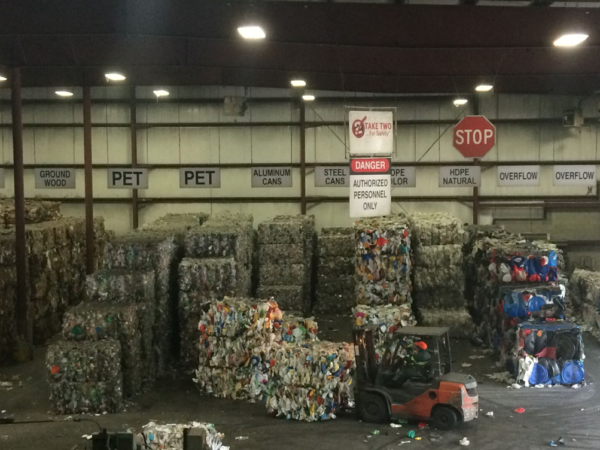
Recycling being sorted at Sonoco Recycling in Raleigh NC.
China Says “No More!”
By: Dargan Gilmore
You might have heard that China doesn’t want to be the “world’s garbage dump” anymore. I can’t blame them. According to a New York Times article China processed 7.3 million tons of the world’s paper, plastic and metal last year. China’s recent refusal to continue to accept the world’s recyclables has already led to huge back ups of material here in the US and abroad. Much of this material is contaminated with dirty and hazardous waste. China simply does not want to deal with the environmental consequences anymore.
What is the world to do? The EU is planning to propose a tax on plastic bags and packaging. Britain’s response was to encourage stores to introduce plastic free aisles so consumers can avoid buying packaging in the first place. I’ve heard of no national response in the United States so far. Seems to me a zero waste lifestyle is going to be a way of the future as recycling declines and landfills max out.
On the surface, recycling seems great. Its convenient. Its easy. Even people who are not “earth conscious” can feel good when they place their glass and cardboard into the recycling bin instead of the trash. But what China reinforces is that recycling is not a solution. We’ve always known that recycling is not sustainable in the long term, since material is rarely salvaged in whole, or without adding new plastics into the new product. But a more fundamental problem is that we now know that the market for recyclable material is uncertain. If no one is willing to buy and repurpose our recyclables, they are destined for the landfill, despite our best intentions.
Composting materials, instead of recycling them, is a sustainable solution. Think about all the paper and cardboard we recycle that could be composted! The EPA estimates that we could divert 1/4 of all residential trash from the landfill already. But if companies made more of an effort to package things in 100% compostable material, we could really divert some trash! Take the company Pela for example (pelacase.com). Not only do they make 100% compostable phone cases, they also ship in 100% compostable materials- it’s a win win. Other companies, like Fillaree (fillaree.com) not only offer customers the option to buy in bulk, but aim to be zero waste in all aspects of business. Imagine if every company took steps to reduce their trash!
As consumers, we can ask this of our companies. We hold the power over these companies through our purchasing choices. And we can all do our part to reduce the backlog of recycleable material by diverting everything we can into compost. We can all take some small steps to start decreasing our own landfill and recycling contributions, and begin to be the change we wish to see in the world!

Recycling being sorted at Sonoco Recycling in Raleigh NC.



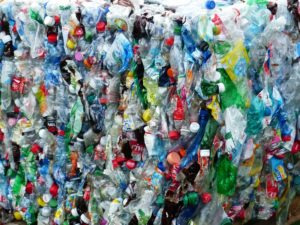
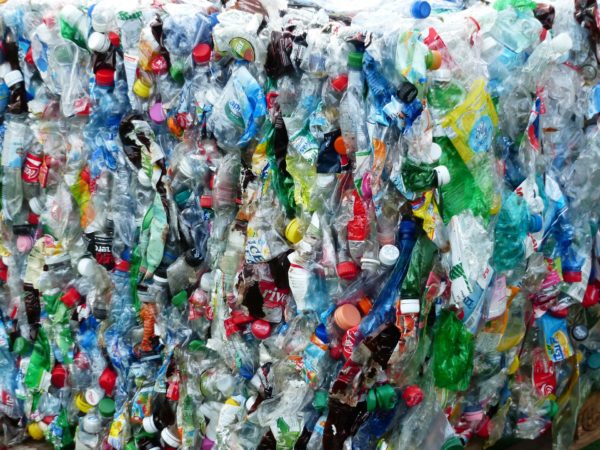
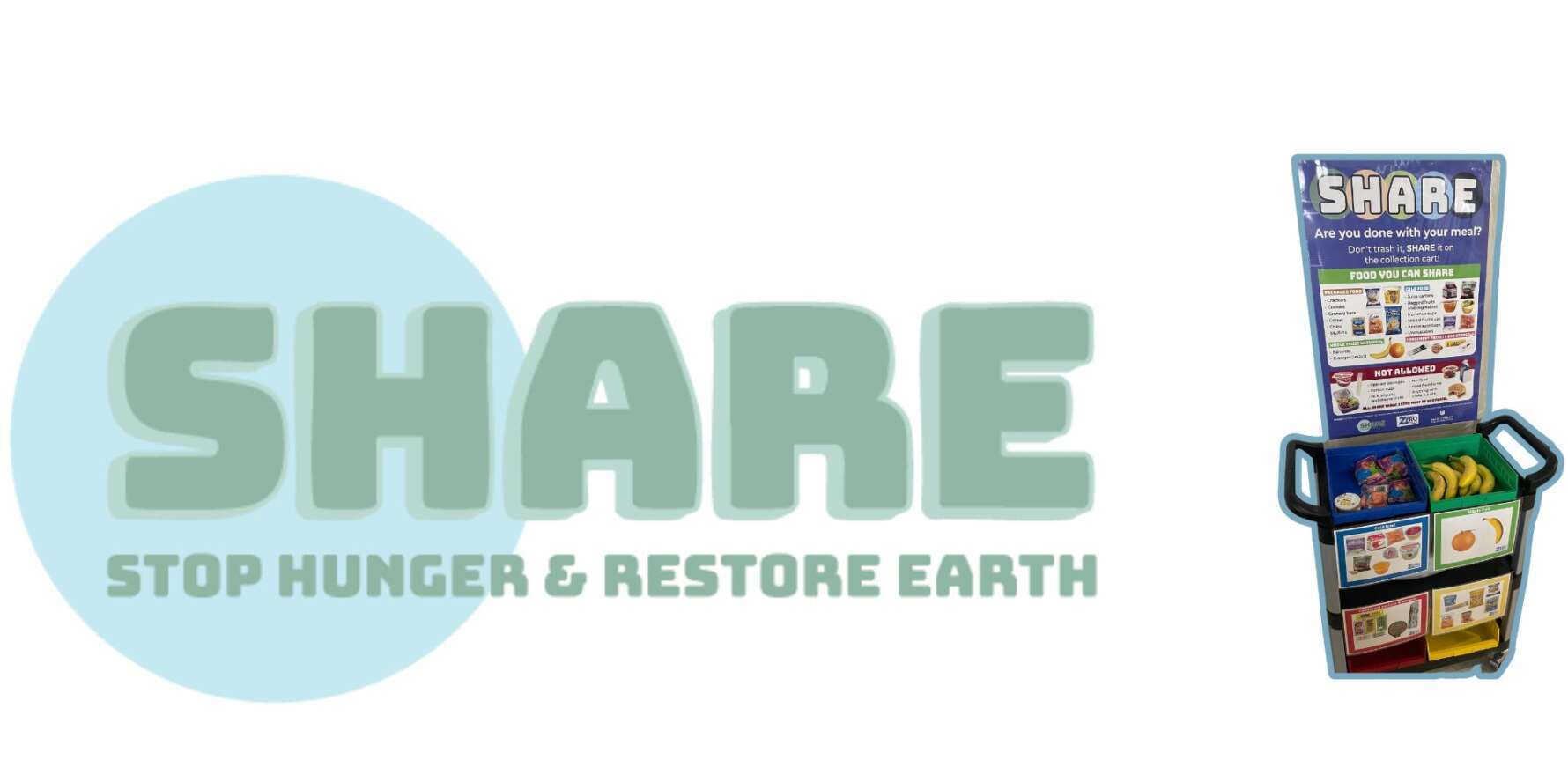
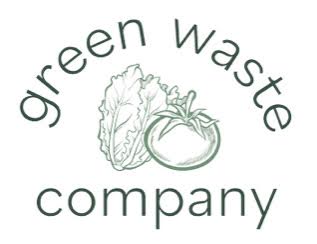

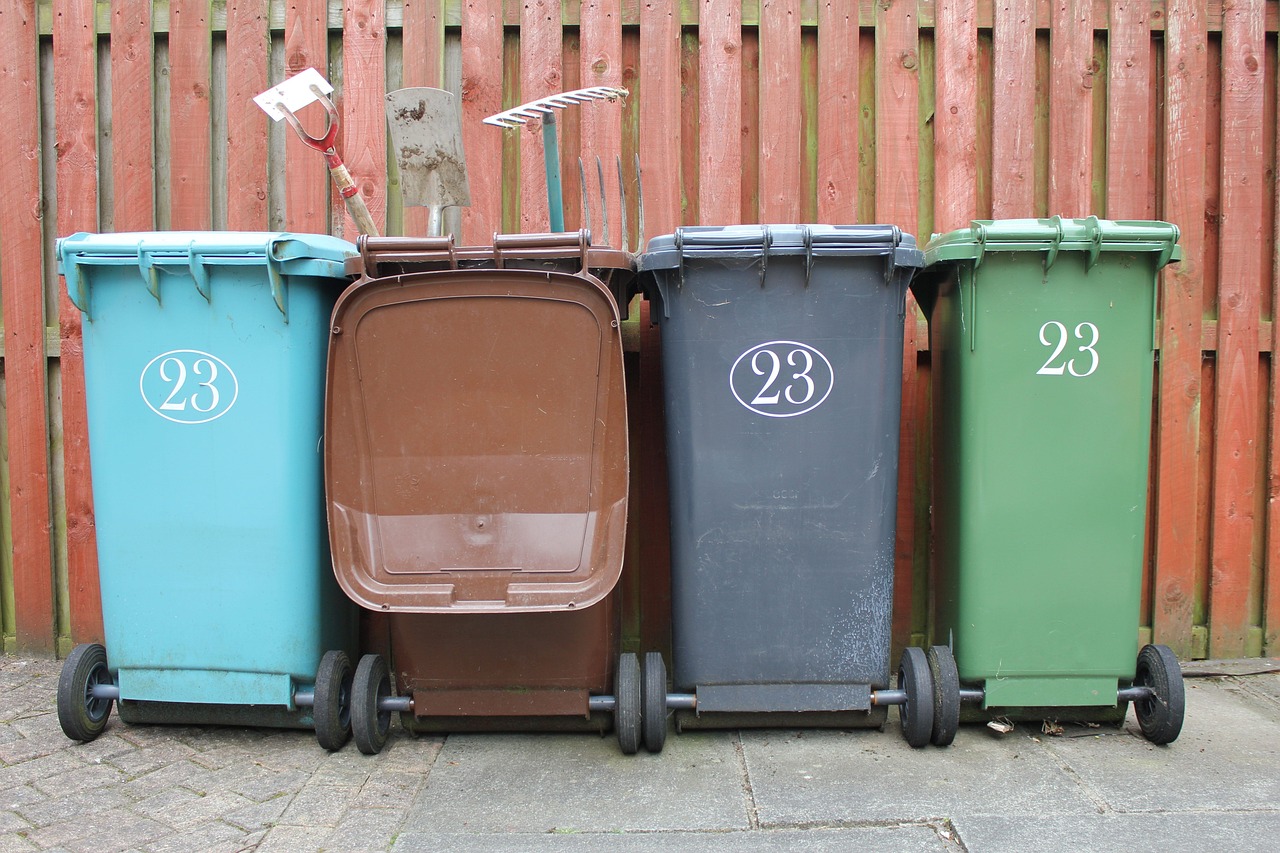
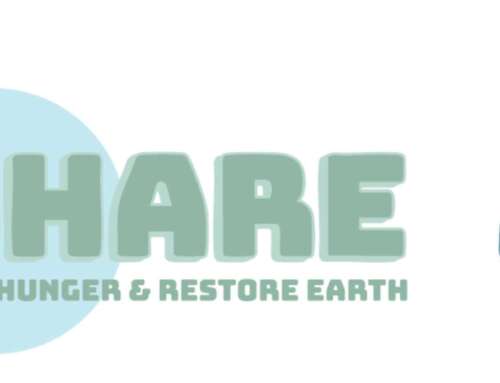
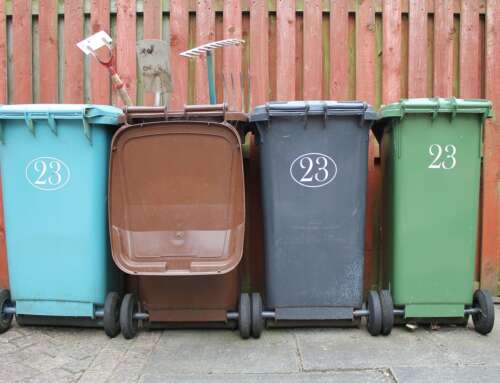
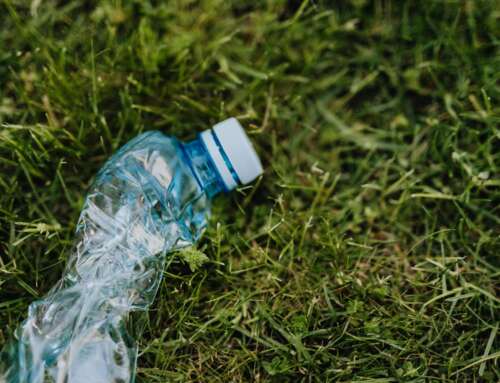
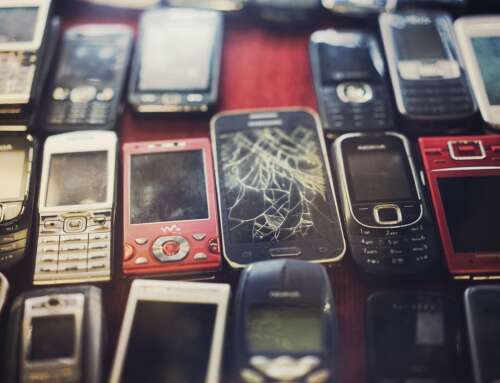
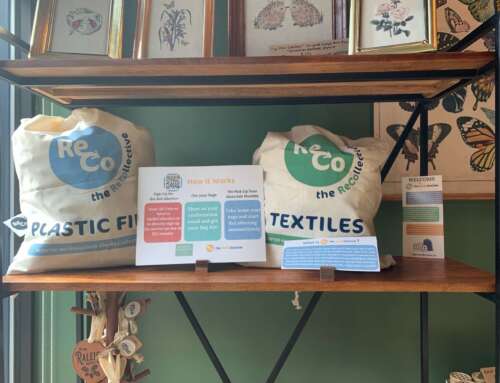
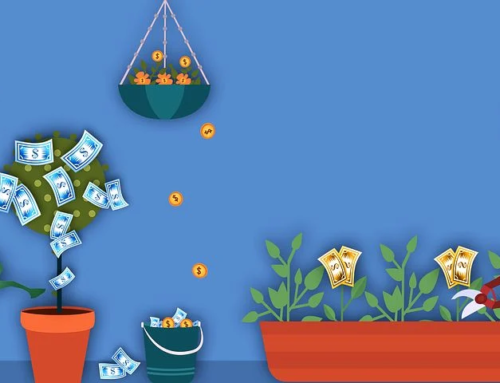


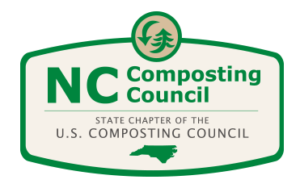
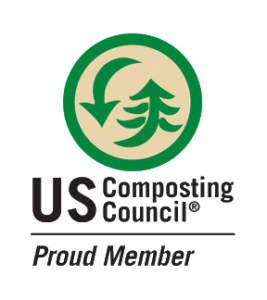
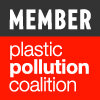


nice website, success..
Thank you, Rani!
I agree… recycling is not enough, we actually need to reduce our consumption of plastic. The biggest problem is single use products; straws (the worst!), takeaway products (forks, spoons, coffee cups!), and feminine hygiene products like tampons/pads etc.